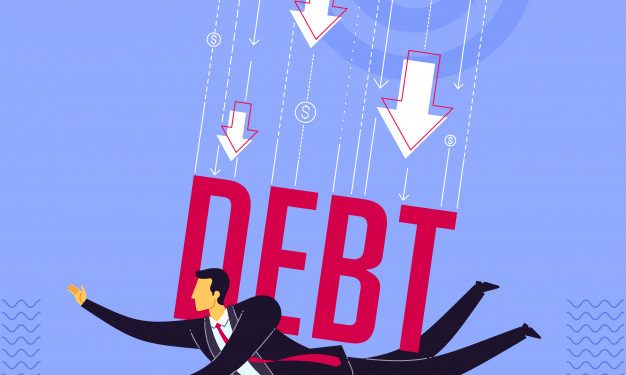The pandemic has taken a toll on many aspects of life, and one of the areas that has been hit hard is finances. In particular, household debt has risen sharply as people have been forced to rely on credit cards and loans to make ends meet. While some debt is necessary and can be managed responsibly, too much debt can quickly become a burden. Not only does it put a strain on finances, but it can also lead to feelings of anxiety and stress. There are options available. Many lenders are offering debt deferment programs that can help get through this difficult time.
With unemployment claims expected to surge from 281,000 to 2.3 million this week, Forbes reports that sick pay policies and uneven state-based unemployment insurance claims are under review. Benefits vary significantly, as the article cites data from the Center on Budget and Policy Priorities: “weekly benefits averaged $213 in Mississippi and $546 in Massachusetts.”
Politico presents a new view on dealing with the concurrent storm of delinquent consumer debt, which adds value. Defer debt until the dust settles. It is a practical solution that can help stabilize consumer markets.
Direct cash payments to American households will be a significant portion of the U.S. government’s response to the coronavirus crisis. The logic is clear: When people can’t leave their homes and businesses shut down, workers lose their paychecks. Cash injections from the government – whether in the form of checks or unemployment insurance – help cushion that blow.
But that is only part of the equation for American families trying to get through this challenging period. It’s not only about cash coming into households, but also the cash going out.
The debt deferment is not a gift. The intention is to provide breathing room.
This is not just a humanitarian imperative. It also reflects a sound and established principle in responding to debt problems, from ancient Mesopotamia to modern financial crises. When borrowers face a “liquidity shock” – a sudden and potentially transitory loss of ability to pay – the correct response is to give more time to repay. Pursuing repayment in such circumstances produces unnecessary, avoidable, and lasting harm.
Taxes, mortgages, and credit cards are the focus, as the article continues.
Tax payments, student loans, and other obligations to the government. At the federal level, announcements have already been made regarding the delay of required tax payments, as well as interest on student debt. Principal repayments on student loans are now also eligible for deferral. Similar relief should be extended to obligations associated with other government programs, such as loans to small businesses and other credit lines.
Mortgage payments. Lenders should establish expedited processes for facilitating forbearance on mortgage payments for stressed borrowers. The federal government has just directed lenders that work with mortgage agencies Fannie Mae and Freddie Mac to offer affected homeowners payment flexibility for up to 12 months. Federal guarantees backstop any risk of credit losses on associated agency mortgage-backed securities. All mortgage servicers in the United States should use maximum possible latitude to facilitate deferred payments. Landlords receiving relief for mortgages on rental properties should pass through that benefit to their tenants by deferring rent payments.
Auto loans, credit card payments, and other debt. Financial institutions should work in an expedited fashion with vulnerable borrowers to implement interest-free deferrals of payments due on auto loans, credit cards, and other forms of consumer and business debt. These should be implemented with no penalties, fees, or negative reports to credit bureaus.
As the article closes, it provides a thoughtful summary: Banks were the cause of the last crisis. They can be part of the solution of this one.
Overview by Brian Riley, Director, Credit Advisory Service at Mercator Advisory Group











